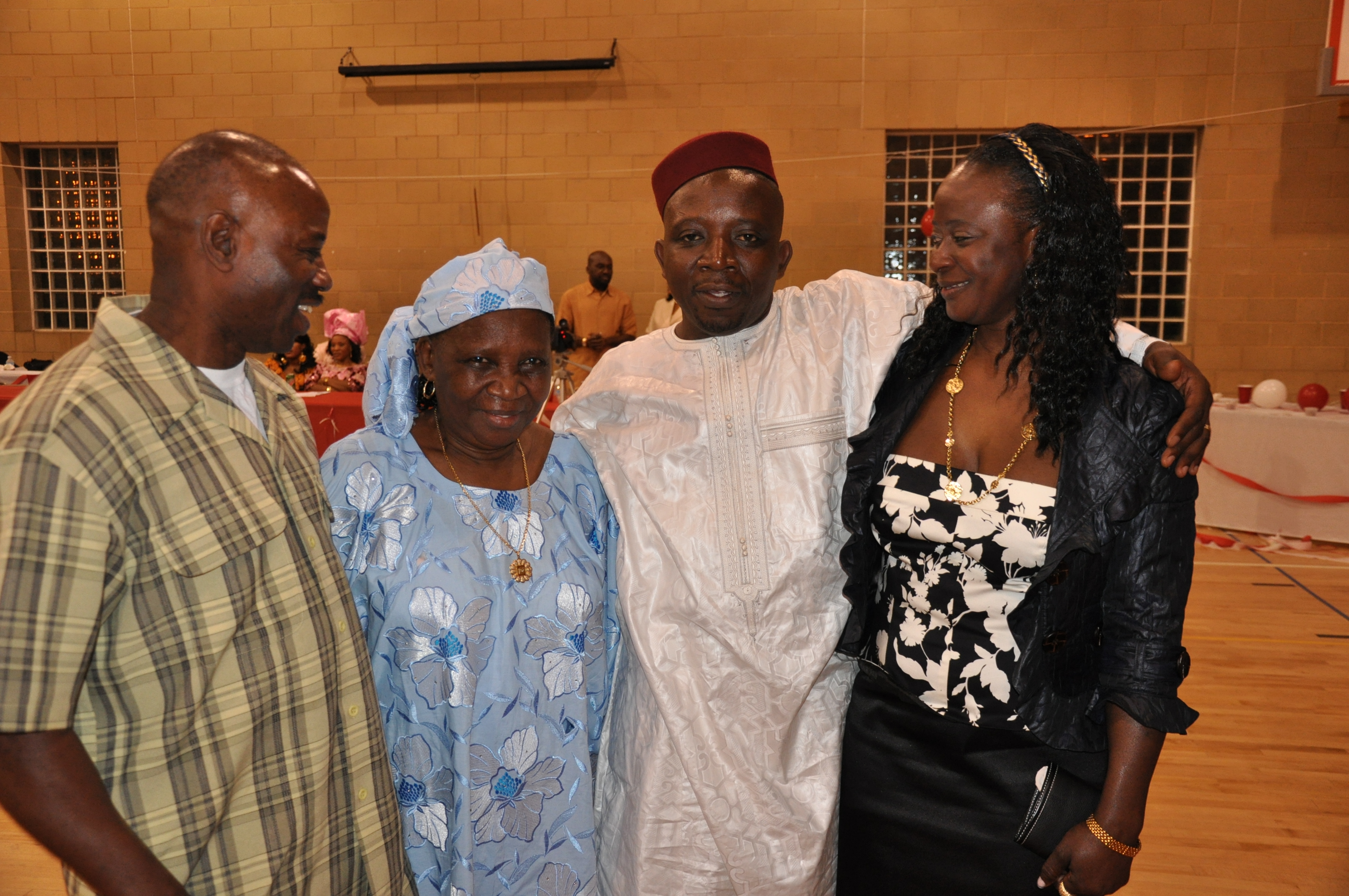
We frequently hear about racism and sexism in our culture, but we hear little about another persistent ‘ism’ – ageism. As our society grows older, due to the large number of retiring baby boomers, ageism remains a growing challenge and concern.
Negative Comments
Researchers at Yale University were disturbed when they compiled negative comments about older adults that were posted by young people on Facebook. Elders’ mobility and debilitation accounted for three-quarters of the comments. Here are a few examples: ‘”Old people are a pain in the (expletive).” “They are a burden on society.” “They are cheap and smell of (expletive)…they are senile, they complain about everything, they couldn’t hear a dump truck…,”‘ according to the Yale study.
A study by Duke University researchers found that 80 percent of seniors had experienced ageism in the form of comments about memory or physical impairments. Nearly one-third of the respondents reported being ignored or not taken seriously because of their age. An AARP survey found that 64 percent of seniors have witnessed or experienced age-based discrimination on the job.
Hurtful
These negative stereotypes are quite literally hurtful. Yale psychologist Becca Levy, PhD found that older adults with more positive self-perceptions of aging lived nearly eight years longer, and enjoy better memory and balance, compared to those with negative self-perceptions.
Here’s the reality; the vast majority of seniors are largely self-sufficient, middle-class consumers, with time and talents to share with others.
We need to work harder to engender more positive views of older adults. Visit most any senior care campus and you’ll find many employees of African origin. These individuals typically have a reverence for elders in their culture. They love their work and consider it a calling. In Africa, they will tell you, elders usually live with their families.
Reshape Views
We can reshape our view of our friends and neighbors who are now in the autumn of life. Age stereotypes are typically internalized as early as age four and reinforced over childrens’ lifetimes. Let’s begin by being better examples for our children and grandchildren – they listen to us and model what they hear.
Seniors still have much to contribute to our communities. At age 80, Minneapolis resident Ellen Boroughf lives vitally and maintains a blog about her aging experience at www.thecontentedalfie.com. The pen name she selected – with a twinkle in her eye – was The Old Baguette.
Author Laura Ingalls Wilder published her first book at age 64 and her last at 76. Famous test pilot Chuck Yeager was 75 when he made his last flight as a consultant.
Doing More
We can do more to appreciate what improves with age and what we can continue to offer the community, rather than viewing the natural aging process as unusual and unsatisfying.
And when aging does begin to take a toll, rather than falling prey to feelings of irritation or impatience toward older adults, let’s respond with our better nature and do as they did when we were children. They patiently answered our questions, held our hand, showed us new things, and walked with us on the journey.
Truth is, we stand on their shoulders and they deserve all we can do to assist them in their time of need. Older adults deserve to be treated with respect and dignity.
Let’s Reimagine Aging so every person is valued. We’ll all be better for it.
The AfricaPaper: Deb Taylor is CEO of Senior Community Services (www.seniorcommunity.org) and its Reimagine Aging Institute, a nonprofit that advocates for older adults and helps seniors and caregivers maintain their independence through free or low-cost services.









































